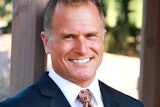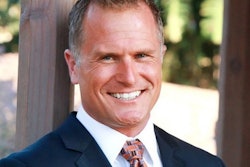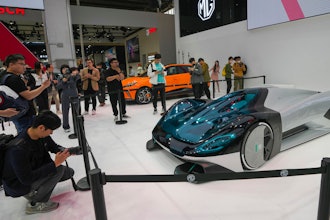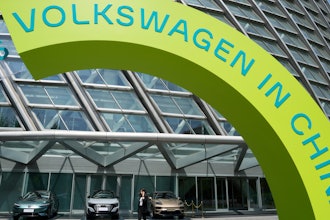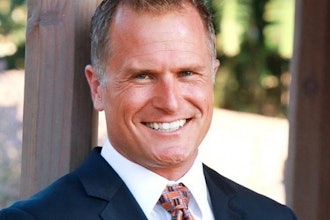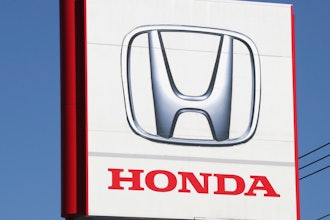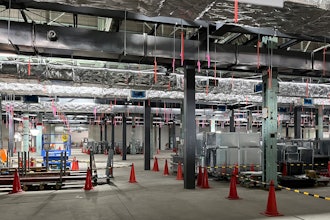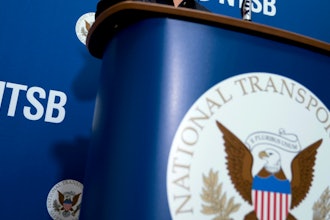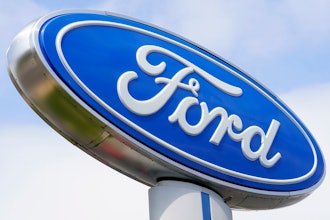In today’s business climate, in particular for many industries that serve consumers directly — think automakers, consumer packaged goods manufacturers, or pharmaceutical firms — operate under the assumption that they’ll be subjected to a recall incident at some point. They can do everything possible to keep quality top-notch, or to keep suppliers in check, but they also spend a great deal of time planning for what is often inevitable. How will they pinpoint the problem and ensure that it is fixed as quickly as possible? How will they deal with the media? How will they deal with worried or frustrated customers?
And while many companies in various industries have asked and answered those questions and many more, there are plenty who have not. Florian Beerli, SVP of the ACE Group’s product recall underwriting unit, says he has seen awareness of recalls, and the subsequent planning process, change in the last few years, but the progress often hasn’t been enough. He says, “I think there’s still a lot of manufacturers out there who think, ‘I’ve never had a recall. It’s not going to happen to me.’”
Beerli equates a recall even to a major and unpredictable natural disaster, such as an earthquake. He says, “There’s no frequency, but there’s severity. A product recall can put a business out of business. It’s happened before, and it will happen again. Or it can have an impact on loss — not only on loss of profit, but also decreasing sales.” That doesn’t even take into account the potential loss of credibility, which is something U.S. automakers, for example, suffered from after a spate of high-profile recalls.
What then, should a manufacturer think about first when trying to work up a recall contingency plan? To Beerli, there are two key areas, both of which are out of a company’s control: first, mistakes that employees might make, intentional or not, on the plant floor; and second, the relationship between suppliers, particularly if those are overseas. In many cases, it’s better to plan for what a business can’t have direct oversight over rather than focusing on the low-hanging fruit.
Beerli says, “How do you manage your suppliers? Do you have a vendor approval program in place? Not many companies have them. That’s where we see the potential. Recalls happen. They will always happen. Our focus is: Are you trying to do everything to prevent the recall?”
When it comes to suppliers, it’s not enough to pretend that quality is their problem alone, because when it comes to the U.S. Consumer Product Safety Commission, the origin of a given part isn’t necessarily important — it’s the full vehicle that’s recalled, for example, and not the small bit of hose that has a tendency to leak. And this problem, according to Beerli, has been accelerated by the fact that many U.S. companies had off-shored their manufacturing assets decades ago. The longer she supply chain, the more opportunities there are for things to fall apart.
Beerli says that the recent re-shoring efforts could help make planning for a recall easier. He adds, “If [manufacturers] have local suppliers, it should make life easier for them — not only do they speak the same language, but they also have the same quality standards and it’s more of a common understanding. They have the same mindset in terms of quality control. They will still have recalls no matter how you source the product, but they can probably eliminate a certain percentage of potential.”
Another good avenue for trying to actively reduce recall events, Beerli says, is by going above and beyond what regulations call for, particularly if one is outside of heavily-policed industries like pharmaceuticals or food manufacturing. Without a decent plan, he says, many manufacturers are doing the equivalent of “driving without a driver’s license.” Fortunately, for many companies, breaking away from the crowd is just a matter of not saying, “I have a plan in place,” and then putting it to wither on the shelf.
Beerli recommends, second to better supplier visibility, more emphasis on employee training and process standardization. He says, “We see standard operating procedures (SOPs) that are not up to date, or which have been changed five years ago for the last time. It’s nice to have those manuals in place, but you need to constantly update them.” Yes, there is a significant investment in ensuring documentation is up-to-date, but it pays off not only in reducing recall events altogether, but also in fixing the flaws when something does go wrong. On the same page, Beerli can’t recommend constant employee training enough. Maintaining employee “focus” should be a continuous improvement process, just like Lean.
If all else fails, Beerli says organizations like his own can be of enormous help to manufacturers unable to formulate a comprehensive recall contingency plan. Aside from providing a “a balance sheet and brand name protection” service that helps companies get reimbursed for financial losses, Beerli and his associates work with companies via consultants — paid for in part by the coverage itself — to help manufacturers start the contingency dialog.
He says, “We do see a change in the focusing on quality control, but we see the good, the bad and the ugly. I don’t mind looking at someone who doesn’t have anything in place. That’s where we can come in with our expertise and get them ready. It’s more the willingness to listen and being open to changes and suggestions from our side.”
And there’s no shame in being one of the “ugly” specimens, particularly if you’re open to suggestions and making big changes to the workplace and its practices, but it’s certainly not a good position to be in. And as with many sweeping changes that companies are encouraged to make, the actual process of change is nowhere near as difficult as simply accepting that something needs to be changed. It would certainly be less of a headache than planning on the run after a recall event has already been issued.
Florian Beerli was appointed Senior Vice President for the newly-established Product Recall unit for ACE Westchester, the wholesale-focused insurance division of the ACE Group, in June 2012. He oversees all operations for the unit’s Atlanta-based business, featuring products recall insurance coverage to response to the increasing risks associated with product recalls.
The ACE Group is one of the world’s largest multiline property and casualty insurers. With operations in 53 countries, ACE provides commercial and personal property and casualty insurance, personal accident supplemental health insurance, reinsurance and life insurance to a diverse group of clients. ACE Limited, the parent company of the ACE Group, is listed on the New York Stock Exchange (NYSE: ACE) and is a component of the S&P 500 index. Additional information can be found at: www.acegroup.com.
